
The eighth evaluation of the Cypriot program is expected to be determined by amendments in the draft law on the sale of loans that will be made on Thursday by the parliament.
Yesterday, technocratic teams of international creditors and the heads of Troika set the main issues of the financial sector before them in successive meetings held both with the association of banks and the managements of banks.
As leaked by people who participated in negotiations, international lenders find the forthcoming session of the House to be critical as legislators will vote on the controversial bill on the sale of loans to third parties, which for troika, is a prerequisite for the eighth evaluation of the program.
As Stockwatch wrote yesterday, troika is also concerned about the issue of the state payroll and privatizations.
Creditors seem to share concerns expressed publicly by banks regarding the parliament’s intention to include a provision in the draft law according to which the borrower will be allowed to buy the loan at a lower price.
Creditors think that there is a moral hazard lurking if such a provision goes through, as they support that unpredictable consequences will emerge for the banking system.
It is considered that such an arrangement would even encourage borrowers who are consistent in their obligations to stop paying their installments as they will know that it is possible to have the right to buy their loan back and even at a reduced balance.
Creditors also indicated that the option for the borrower to buy the loan may worsen the already serious problem of NPLs.
During yesterday's meeting of the parliamentary Committee on Finance, which examined the bill, a spokesman of the finance ministry expressed the view that a reasonable time frame could be provided to affected borrowers to decide if they are able to buy the loan and this right should be removed after the deadline expires.
The bill provides, inter alia, for protection for loans below €1 mn, while for higher loans there will be no restrictions.
As for the amendment regarding the creation of a body to manage NPLs, set by the parties, creditors seem to argue that the state may be required to cover the needs of this body.
As regards the implementation of the insolvency framework banks raised their concern that it may cause congestion in courts due to the hundreds of cases that will be submitted with creditors proposing the creation of special courts or special ombudsmen according to international practices and standards.
Banks reported that they have prepared special restructuring plans for primary housing loans.
As regards granting new loans, representatives of the CB who were present at negotiations pledged that by the end of the year a new directive with flexible practices will be prepared.
The processes for the financial part of the memorandum are made under the weight of data showing that non-performing loans of € 27 bn have not retreated.
At the same time, banks are under continuous evaluation by the single supervisory mechanism (SSM), which in the case of Cooperatives, seems to think that without a change in its structures, new capital will be required.
Yesterday, technocratic teams of international creditors and the heads of Troika set the main issues of the financial sector before them in successive meetings held both with the association of banks and the managements of banks.
As leaked by people who participated in negotiations, international lenders find the forthcoming session of the House to be critical as legislators will vote on the controversial bill on the sale of loans to third parties, which for troika, is a prerequisite for the eighth evaluation of the program.
As Stockwatch wrote yesterday, troika is also concerned about the issue of the state payroll and privatizations.
Creditors seem to share concerns expressed publicly by banks regarding the parliament’s intention to include a provision in the draft law according to which the borrower will be allowed to buy the loan at a lower price.
Creditors think that there is a moral hazard lurking if such a provision goes through, as they support that unpredictable consequences will emerge for the banking system.
It is considered that such an arrangement would even encourage borrowers who are consistent in their obligations to stop paying their installments as they will know that it is possible to have the right to buy their loan back and even at a reduced balance.
Creditors also indicated that the option for the borrower to buy the loan may worsen the already serious problem of NPLs.
During yesterday's meeting of the parliamentary Committee on Finance, which examined the bill, a spokesman of the finance ministry expressed the view that a reasonable time frame could be provided to affected borrowers to decide if they are able to buy the loan and this right should be removed after the deadline expires.
The bill provides, inter alia, for protection for loans below €1 mn, while for higher loans there will be no restrictions.
As for the amendment regarding the creation of a body to manage NPLs, set by the parties, creditors seem to argue that the state may be required to cover the needs of this body.
As regards the implementation of the insolvency framework banks raised their concern that it may cause congestion in courts due to the hundreds of cases that will be submitted with creditors proposing the creation of special courts or special ombudsmen according to international practices and standards.
Banks reported that they have prepared special restructuring plans for primary housing loans.
As regards granting new loans, representatives of the CB who were present at negotiations pledged that by the end of the year a new directive with flexible practices will be prepared.
The processes for the financial part of the memorandum are made under the weight of data showing that non-performing loans of € 27 bn have not retreated.
At the same time, banks are under continuous evaluation by the single supervisory mechanism (SSM), which in the case of Cooperatives, seems to think that without a change in its structures, new capital will be required.

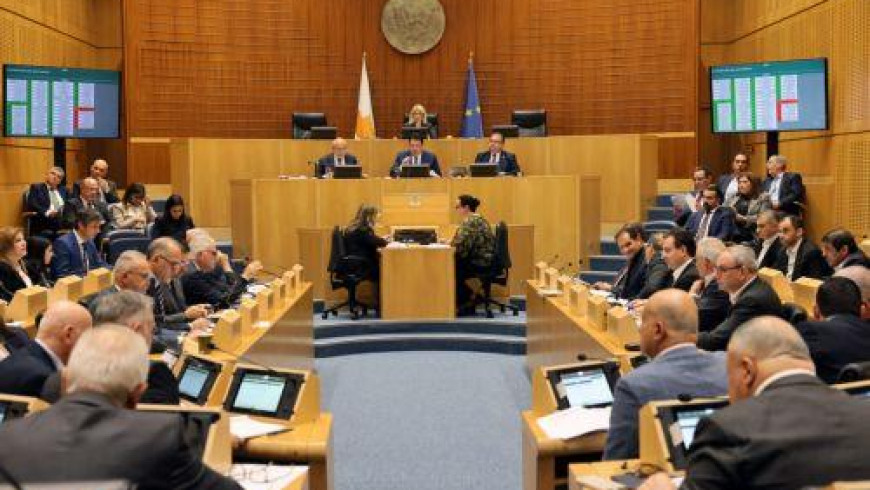

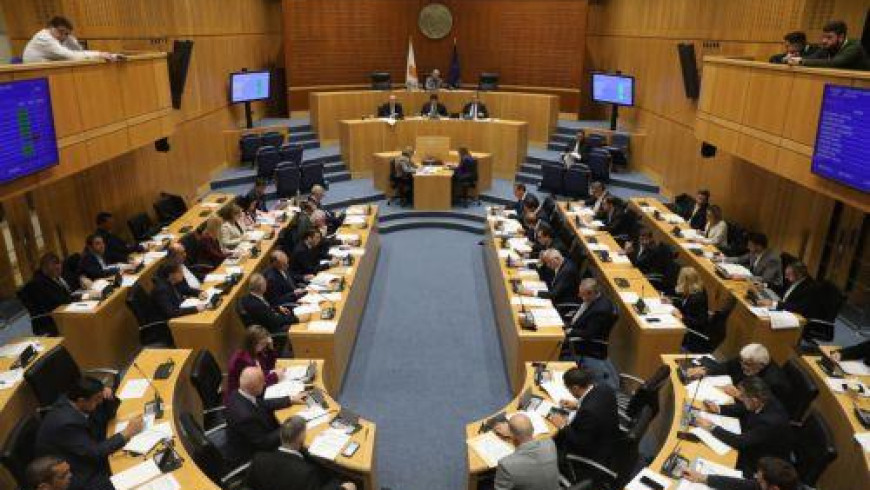
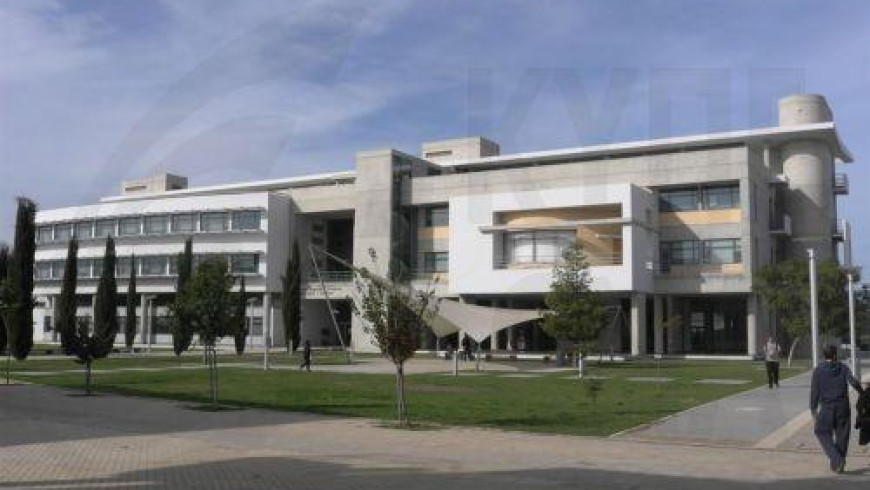
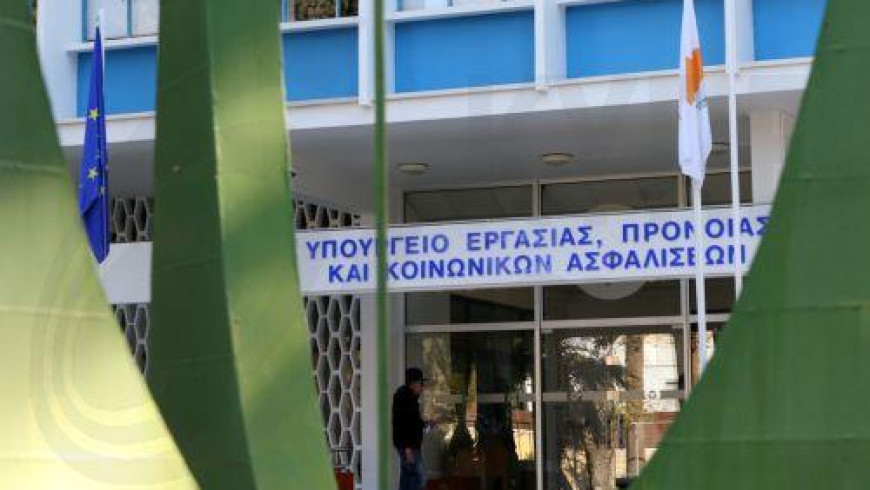


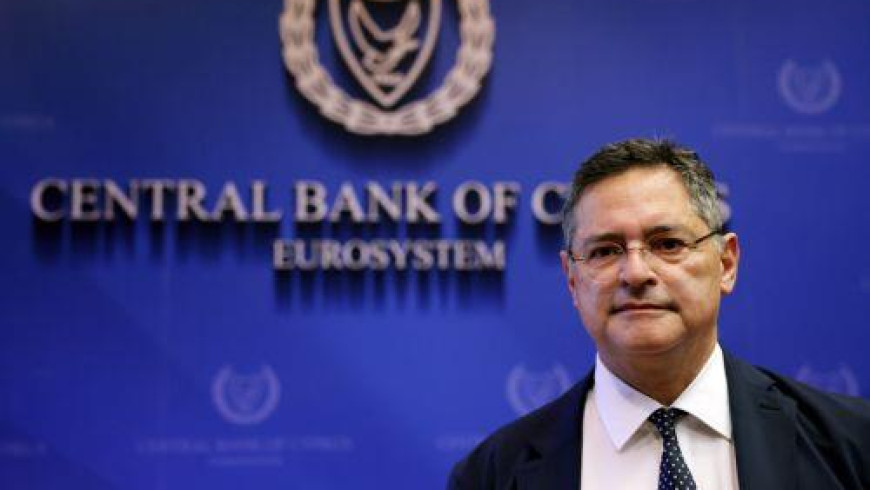





 3287.99
3287.99 1275.09
1275.09
